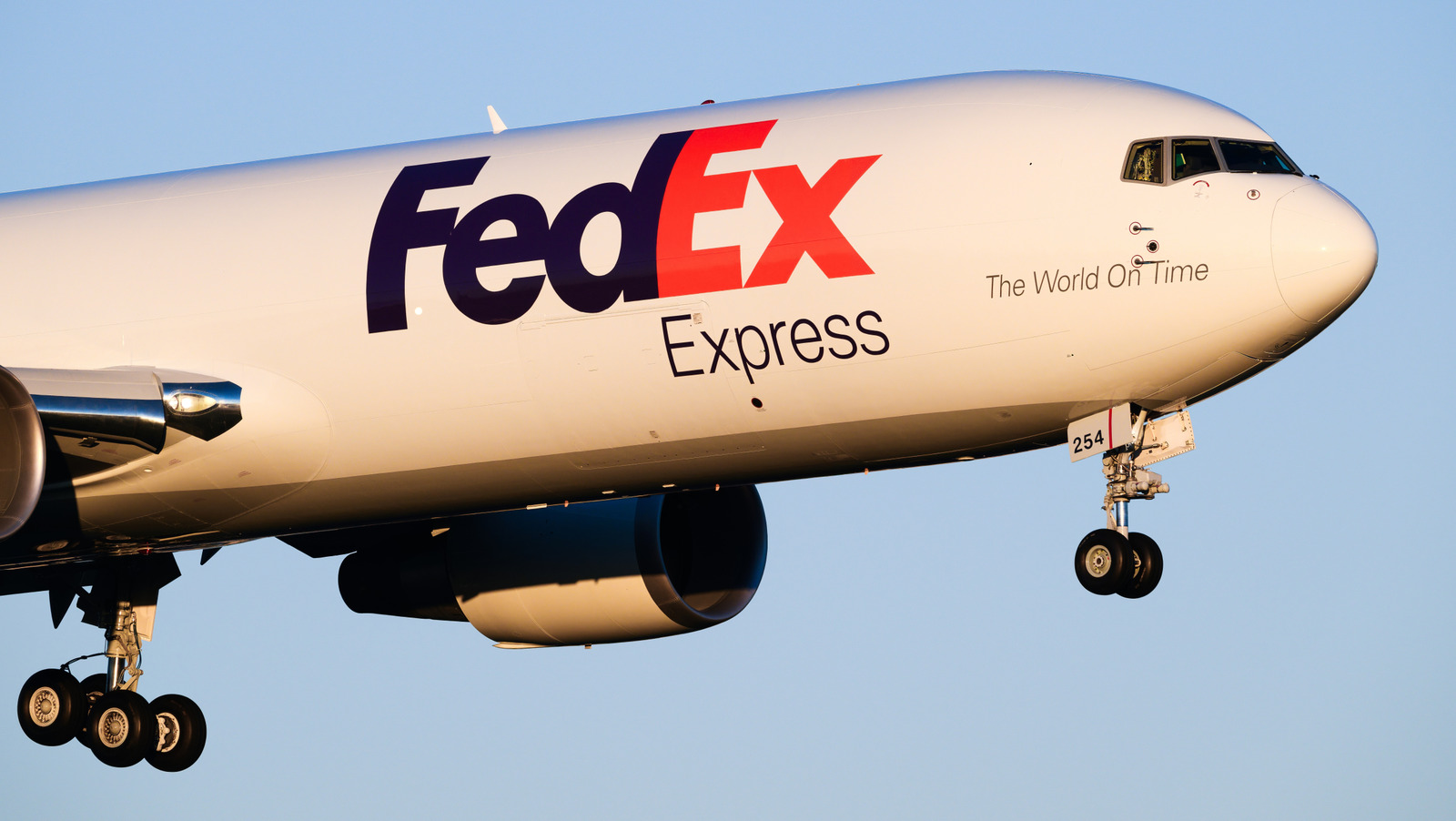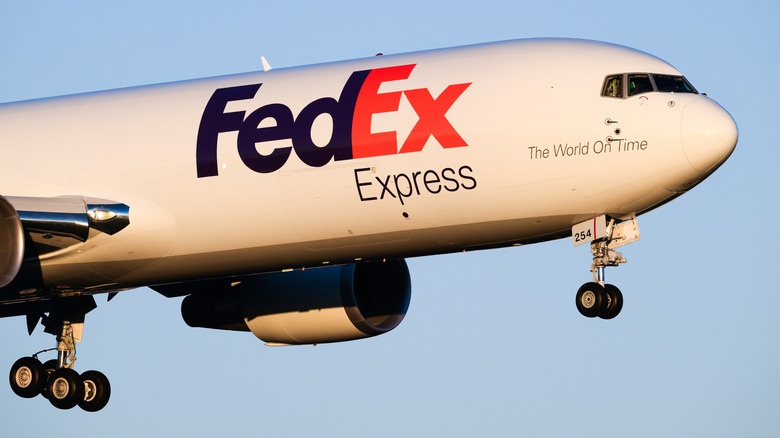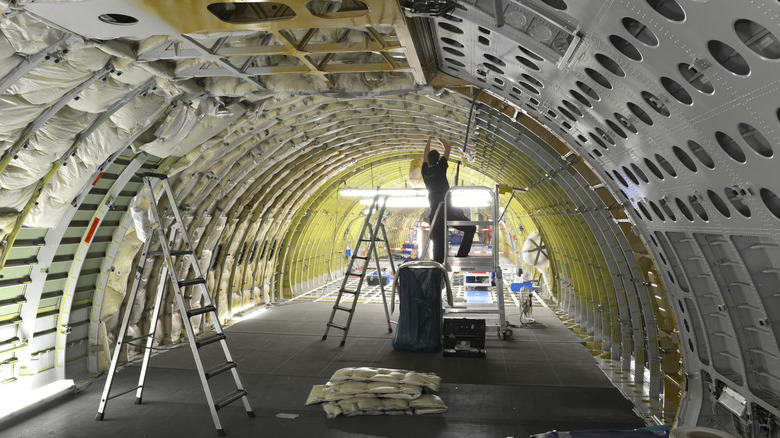As if a global trade war hasn’t been making stuff expensive enough, there’s a decent chance that your delivery fees are about to go up, too. That’s because the world’s fleet of cargo planes is really starting to hit retirement age, but manufacturers just aren’t making new planes fast enough to replace them. That will likely lead to a shortage sooner rather than later. Once that happens, the cargo companies will start charging more to put precious goods on their limited aircraft.
Every year, $8.3 trillion in trade flies through the air, or a third of all trade combined, as the Financial Times lays out in a report. The market for air freight has actually been growing, driven by the neverending growth of ecommerce, which is spiking demand for cheap Asian products in the West. But as that’s all happening, nearly a quarter of all cargo planes are hitting their 25th birthdays, which is normally when they are put out to pasture. It is possible to keep them flying, and the freighters likely will, but that gets progressively more expensive to do.
So, where are the replacements? Well, the two biggest planemakers, Boeing and Airbus, are both dragging their feet. It turns out, if you flew on a trip anytime recently, this is party your fault.
Making planes in a volatile world
As you may have heard, there was a global pandemic a few years ago, which send demand for passenger travel crashing. Planemakers pulled back production to account for the sudden drop in demand. What was apparently unexpected, as Bloomberg reports, was that travel demand absolutely exploded again once the lockdowns ended. That left airliners scrambling to fit passengers onto their aging fleets. Though there was suddenly a need for more planes, Boeing and Airbus needed time to spin production back up while simultaneously facing supply chain issues.
That crunch is easing now, since planes are finally rolling out of hangars at a faster rate. The catch, though, is that as the manufacturers hustled to fulfill their airliner deliveries, they seem to have done so at the cost of new cargo planes. Boeing’s new 777-8F, for example, just had its delivery date pushed back by a year, to 2028. Similarly, Airbus’ A350 freighter is going to arrive in 2027 instead of 2026.
Predicting the cost of air freight is notoriously tricky: it’s a fickle industry, with big swings in demand. A shortage of new planes certainly isn’t going to help prices, but if old planes keep flying and people buy fewer goods from Asia (maybe because of tariffs), the demand might even out. Then again, in the event that tariffs were very suddenly dropped, what do you think would happen to demand for foreign goods? “Free shipping” might get harder and harder to find.




